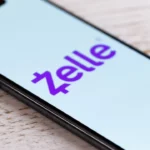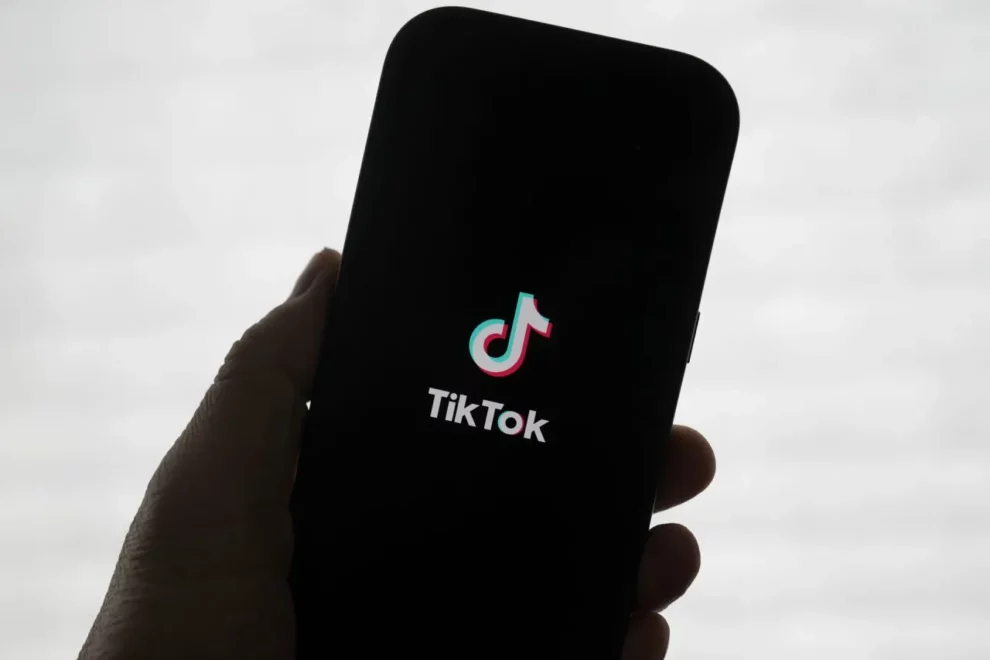The ripple effects of America’s TikTok ban have sent shockwaves through the digital landscape, forcing six additional ByteDance-owned applications offline and leaving millions of users scrambling for alternatives. While TikTok’s shutdown has dominated headlines, the sweeping legislation has effectively dismantled ByteDance’s entire U.S. digital presence, impacting popular platforms from video editing to gaming.
Among the casualties, CapCut stands out as particularly significant. The free video editing software, which launched in the U.S. in 2020, had become an essential tool for content creators across multiple social media platforms. Users attempting to access CapCut now face a cryptic message promising efforts to restore service, though the timeline remains unclear.
The gaming community has been blindsided by the sudden unavailability of Marvel Snap, the popular digital collectible card game featuring Marvel Universe characters. Despite being developed by Second Dinner, the game’s publication by ByteDance subsidiary Nuverse has sealed its fate under the ban. Players attempting to access the game are now met with a regional restriction notice.
Lemon8, ByteDance’s lifestyle-focused social media platform that launched in the U.S. in 2023, has also gone dark. The platform, which blended elements of TikTok, Instagram, and Pinterest, had been gaining traction as an alternative social media destination. Ironically, some TikTok users had been considering it as a refuge from the ban, unaware that it too would fall under the legislation’s scope.
The artificial intelligence sector hasn’t escaped unscathed. Gauth, which had climbed to become the twelfth most popular education app in the Apple App Store, offered AI-powered homework assistance including calculators and essay writing tools. Similarly, Hypic, an AI-enhanced photo editing platform, has been rendered inaccessible to U.S. users.
The enterprise sector has also been affected, with the collaboration platform Lark joining the list of banned applications. However, as of Sunday, Lark’s website appeared to remain operational in the United States, creating confusion about the ban’s immediate impact on business users.
The legislation’s reach extends beyond permanent U.S. residents. International tourists visiting the United States will find themselves unable to download or update any of the banned applications, regardless of their home country account settings. The restriction applies to in-app purchases and new subscriptions as well, though access will be restored once users leave U.S. territory.
For users who already have these applications installed, the future looks increasingly uncertain. While the apps will remain on devices, the ban prevents software updates, potentially compromising performance, security, and compatibility over time. Users who switch devices will be unable to restore their apps, and all in-app purchases and new subscriptions have been suspended.
President-elect Trump has promised intervention, suggesting a potential 90-day extension to avoid the ban’s full implementation. This development, coupled with the expected attendance of TikTok CEO Shou Zi Chew at Trump’s inauguration, has given some users hope for a resolution. However, the broader implications for ByteDance’s ecosystem of applications remain unclear.
The ban marks a significant escalation in U.S. efforts to curtail Chinese technology companies’ influence in the American digital space. While national security concerns drive the legislation, the immediate impact has created substantial disruption across multiple sectors, from content creation to education and gaming. As users adapt to this new digital landscape, the long-term consequences of this technological decoupling between the world’s two largest economies continue to unfold.
















Add Comment